
Beyond Community Solar: How Small Businesses Can Go Green
In this article, we’re going beyond community solar to take a look at some additional ways small businesses can go green.
Read More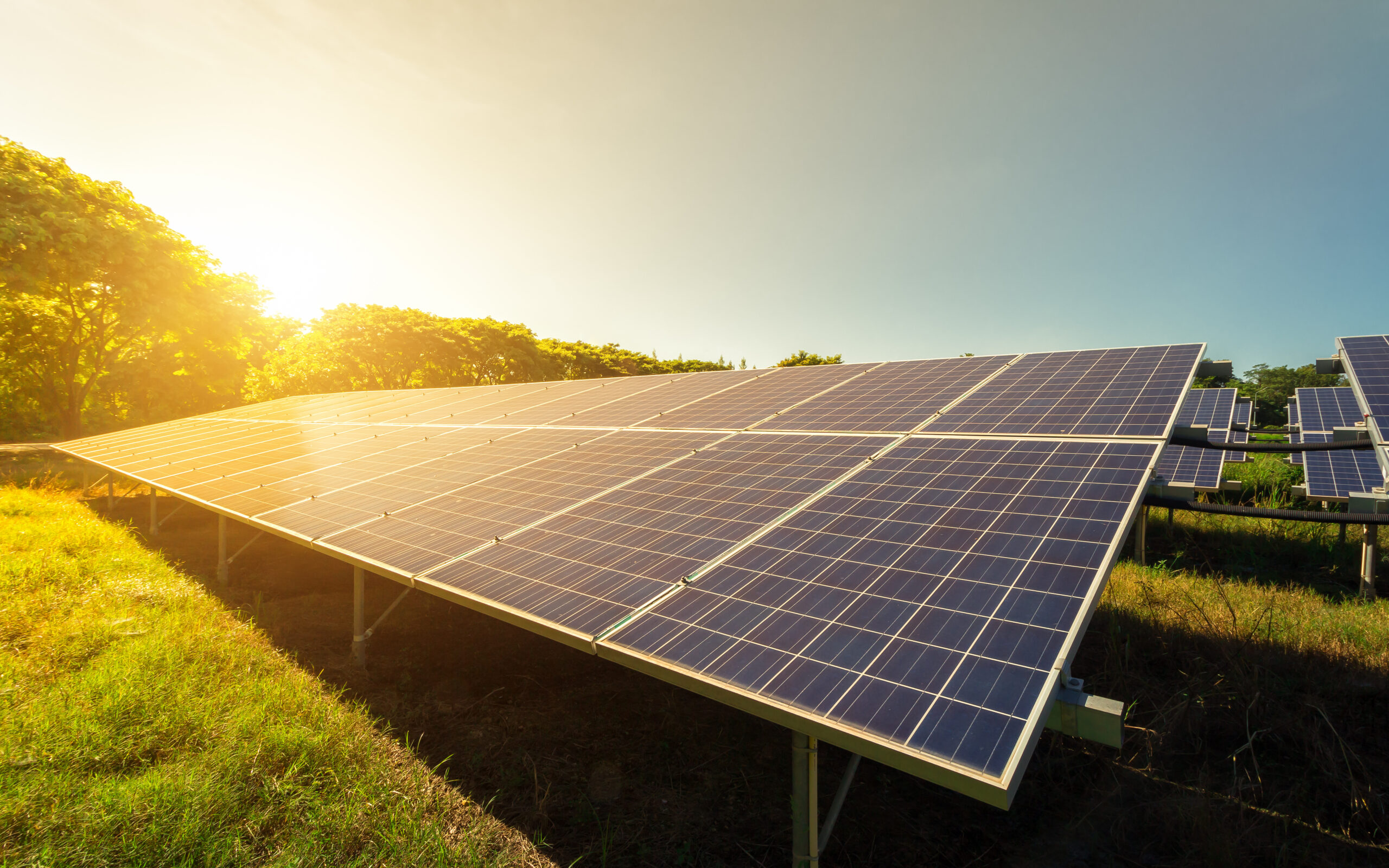
4 More Misconceptions About Solar Energy Solutions
People have a lot of ideas about solar panels and solar energy solutions. Some of them are positive, some are negative, and some are just not true
Read More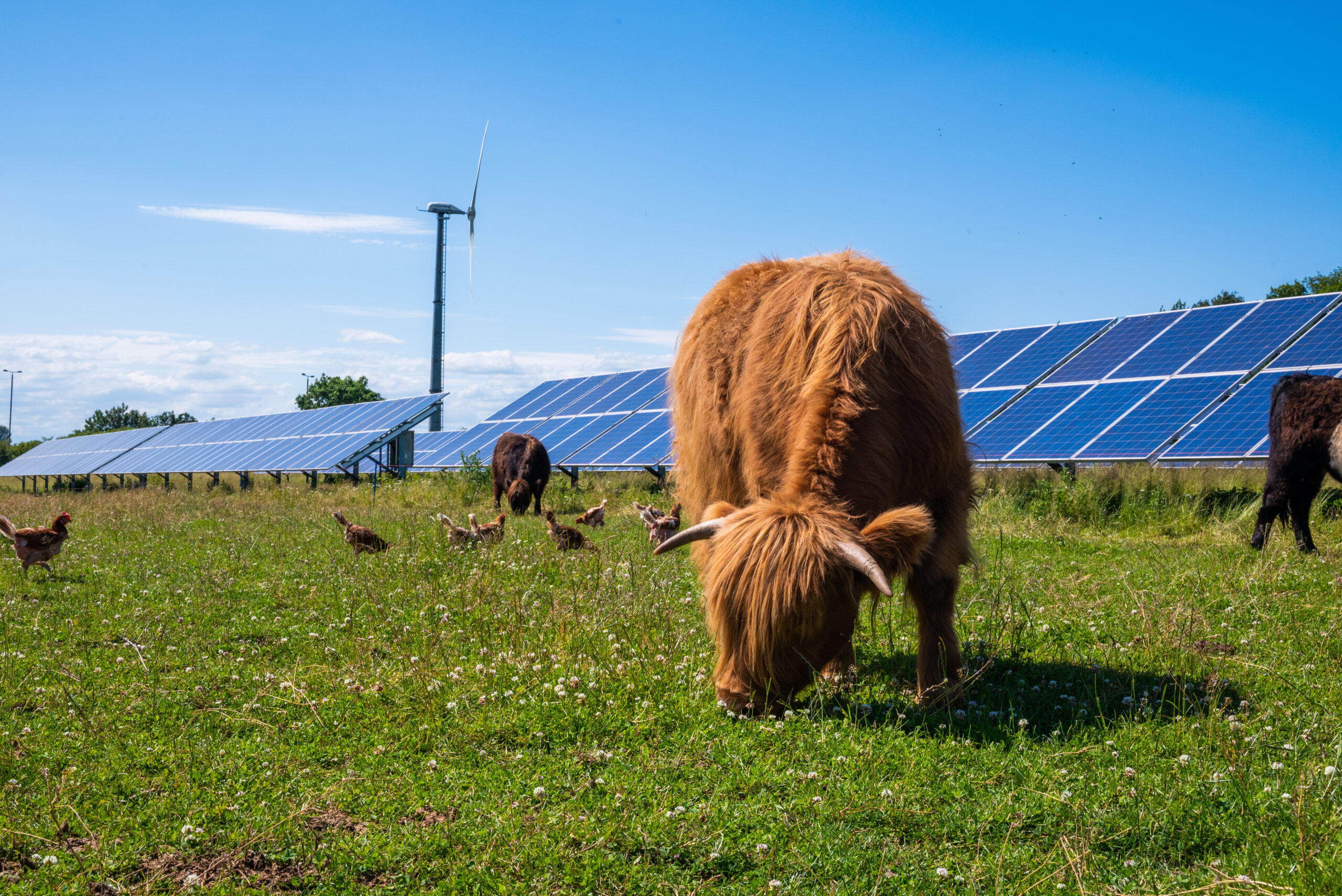
Environmental Impacts of Community Solar Farms
Outside of producing clean, renewable energy, we sometimes overlook the other impacts community solar farms can have on the surrounding environment.
Read More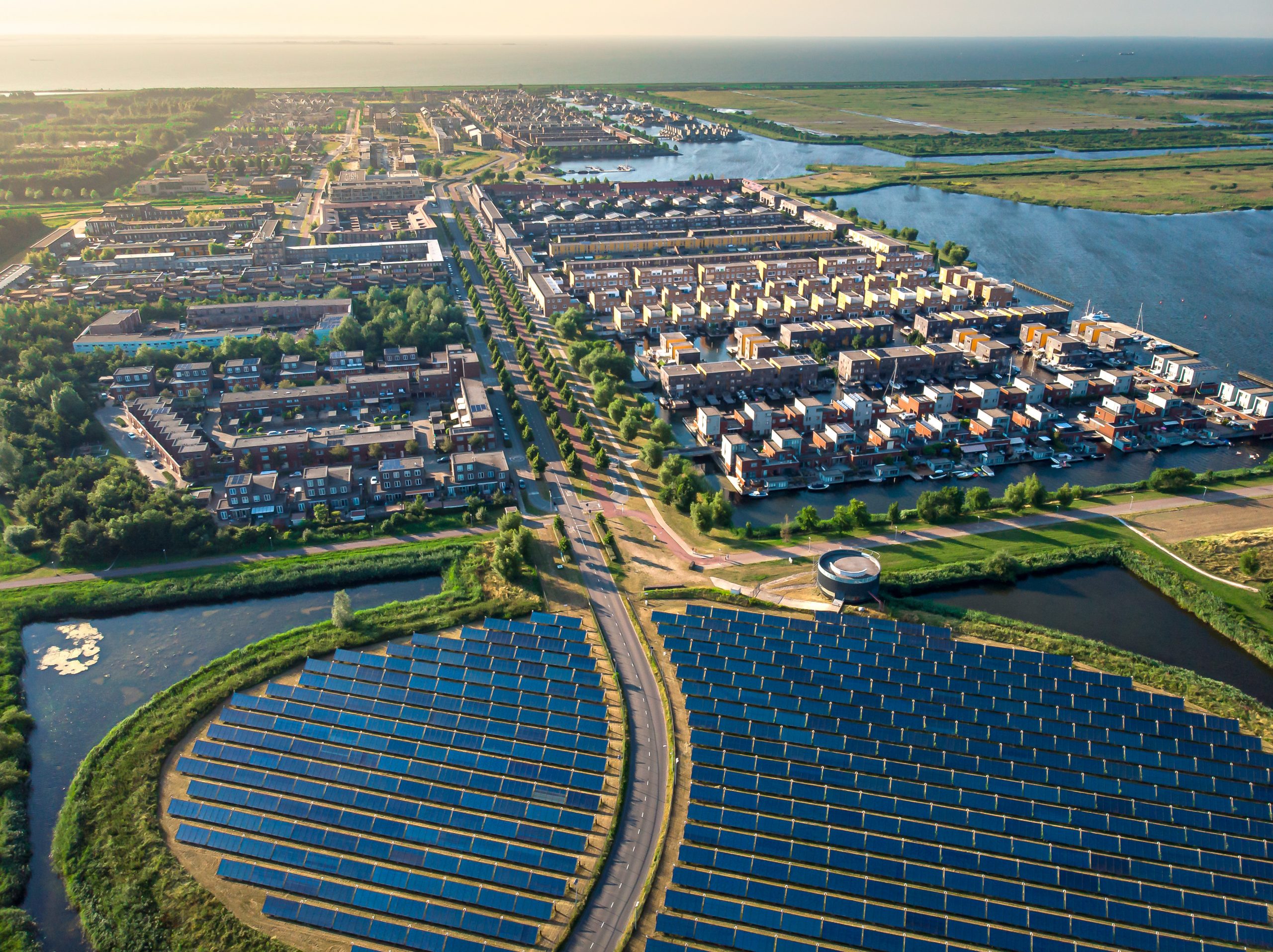
Community Solar: Is It Worth the Impact?
In a world focused on sustainability, here’s a look at the role community solar is playing.
Read More
Does Community Solar Energy in New Hampshire Make Sense?
With all the hype around sustainability, does community solar energy in New Hampshire make sense? Here’s our take.
Read More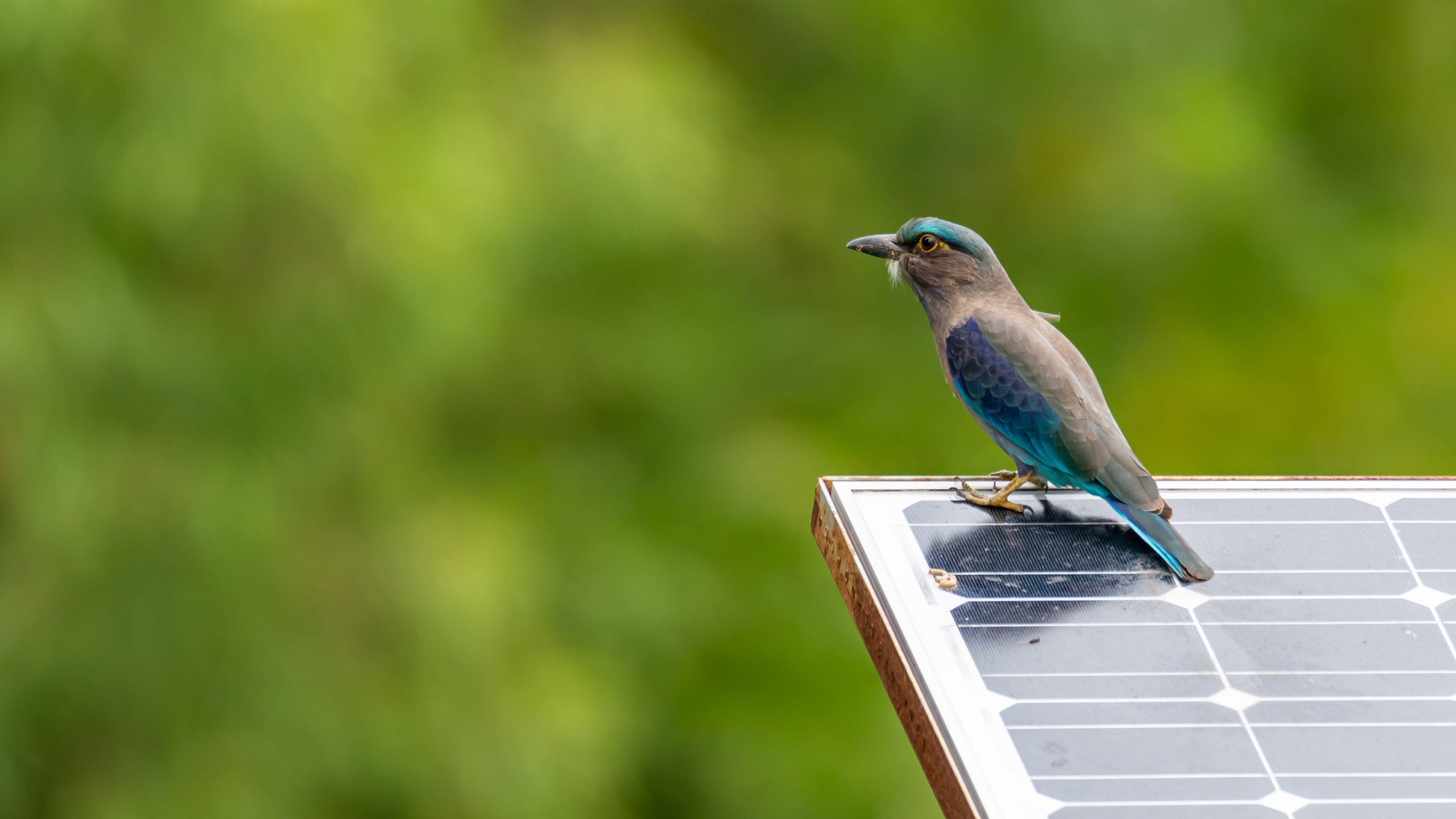
Here’s How Community Solar Protects the Environment
When we discuss the effects of renewable energy, we tend to focus only on how clean energy will affect the environment in the future. But how does it affect the environment right now?
Read More
How Solar Incentives Can Save You Money
Solar incentives can make solar power more affordable for everyone
Read More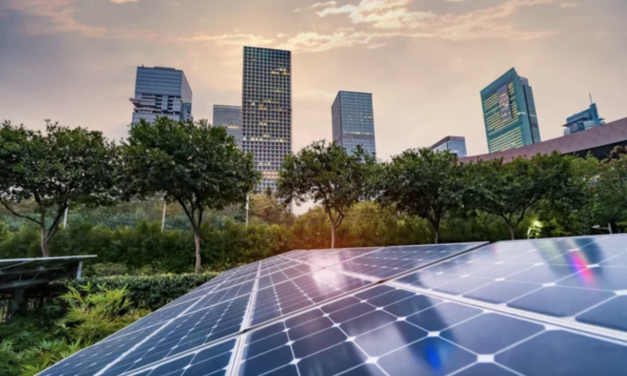
Commercial Solar Energy Helps with Changing Climate
Here is a closer look into climate change and tools to help create a healthier earth
Read More
5 Ways Your Business Can Go Green
More than ever, consumers are looking for brands that are demonstrating environmental responsibility and transparency.
Read More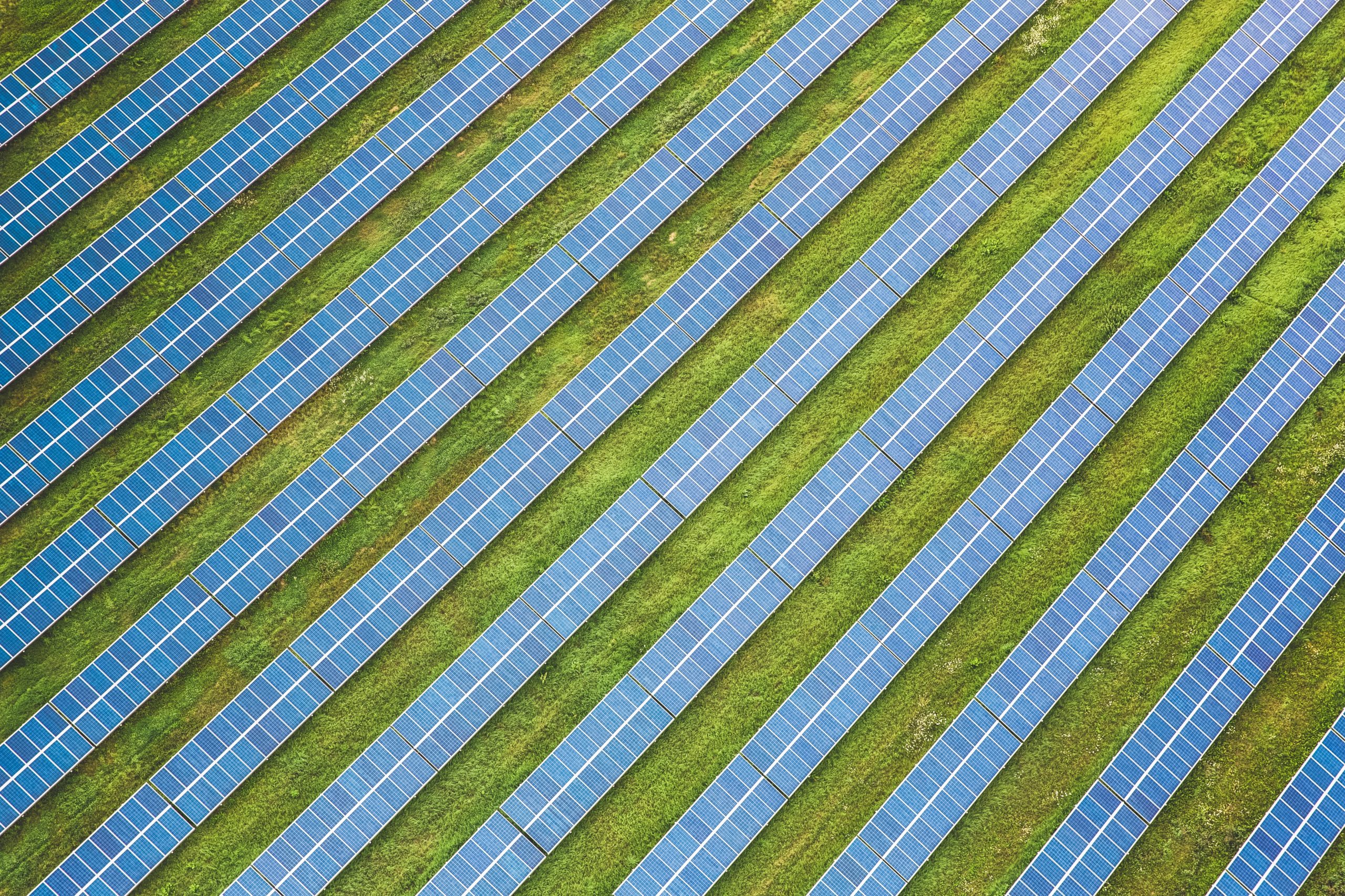
What Are The Top Types Of Renewable Energies?
Did you know that hydropower is one of the most common sustainable energy sources? Well, learn more about the other types of reliable energy solutions here!
Read More